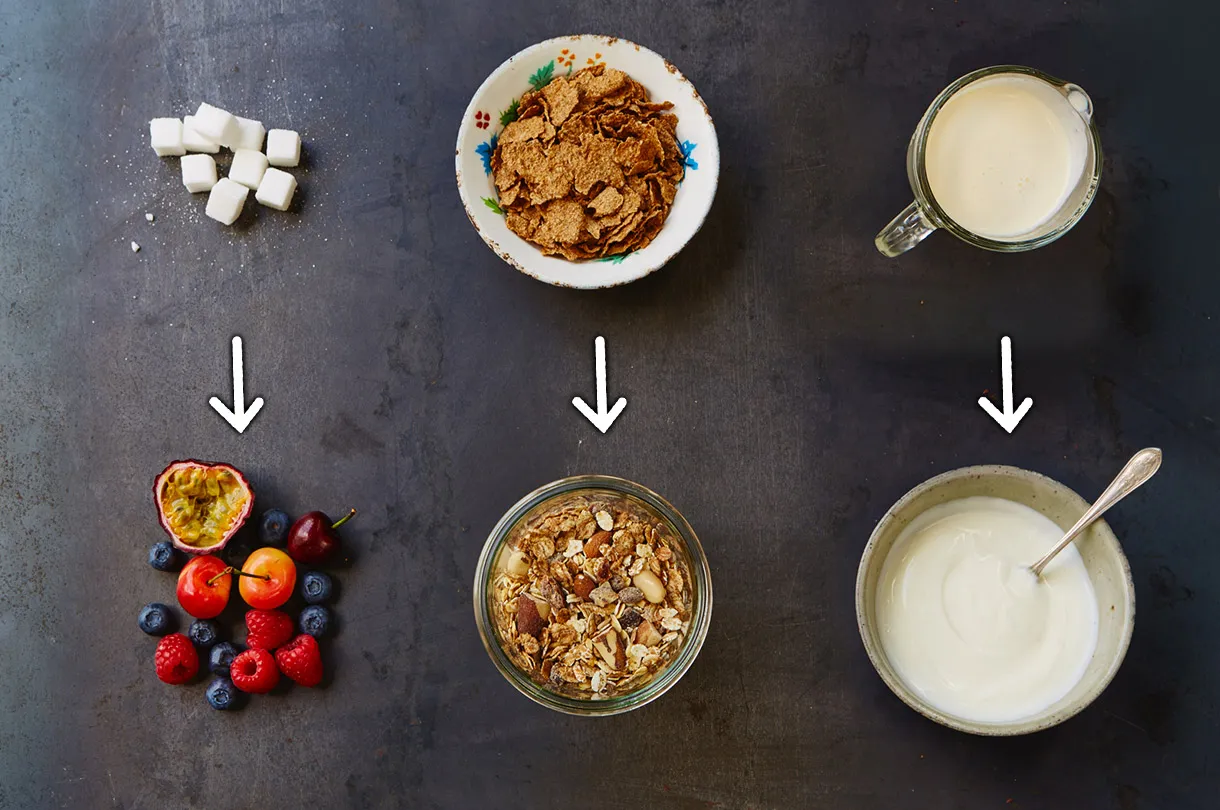Millions of people want to lose weight but don’t know where or how to start. They might have tried diet pills, exercising, and counting their calories but still can’t seem to lose the pounds. It’s time to forget about dieting and get on some helpful tips to help you reach your weight loss goals in no time.
Contents
1. Track Your Food
Tracking your food is a great way to understand better what you’re eating and how much you’re eating. It’s also a perfect way to check diet progress.
Some apps, such as Lasta’s mindful eating app, can help you track and control emotional eating and improve healthy food consumption.
If you have not been tracking your food consumption, it is not too late to start now. Write down everything that goes into your meals and snacks, including calories, fat, protein, and carbs. If you have trouble remembering what was on your plate or if it was just one big bowl of pasta, write it down anyway. You can even keep track of snacks such as crackers or nuts in a separate notebook if that helps.
When you track your food for at least two weeks, look back at what worked and what didn’t work so well for you. Has weight tracking helped you? Did it help motivate you to eat better overall?
2. Eat More Veggies

Source: Pexels.com
Eating foods low in calories, such as vegetables, can drastically help you lose weight. Vegetables are full of fiber, which enables you to feel fuller than when you eat just foods with a lot of carbohydrates.
Also, vegetables are significant sources of vitamins A, B, and C, as well as magnesium and potassium. Since veggies fill you up more quickly than other meals, eating more of them will help you feel satisfied for longer and prevent overeating.
Changing what you eat daily or every meal may be challenging if your goal is to lose weight. But if you can add more vegetables to your diet at least once a week, that will be enough for most people.
3. Reduce Your Portions
Consuming less food is more easily done than exercising more. So if you’re a portion eater, consider cutting back. Save room for fruit or salad instead of chips or cookies.
Also, eating smaller meals helps keep your blood sugar steady throughout the day because they contain fewer calories and less fat, especially saturated fat and cholesterol. This can help prevent hunger pangs when trying to lose weight later in the day.
Plan for snacks and use healthy snacks as rewards for good behavior at home or school. Snacks should be low in calories and high in protein, fiber, and whole grains — foods that keep hunger at bay until dinner time rolls around again.
4. Focus On the Positive

Source: positivethinkingmind.com
It’s easy to get down on yourself when trying to lose weight. You see all the reasons you’re not getting enough exercise, overeating, or spending too much time at the office.
It can be tempting to give up altogether. But if you make a plan and stick with it, there’s no reason why you can’t reach your goals. Here are some practical tips that will help:
Focus on the positive. If you’ve been eating well but not exercising — or vice versa — focus on what you have going for you: a healthy body ready to start burning calories again.
Set realistic goals and make sure they’re attainable. Set realistic goals that will allow you to reach your destination in stages over time. Suppose your goal is to run a marathon by age 40 — perhaps by starting with running just five miles a day and gradually increasing your distance each week until one day you’re running 10 miles without stopping!
5. Get Assistance From People Who Are in Your Shoes
Losing weight is a complex process. To lose weight and keep it off might be challenging. Several variables influence your weight-reduction plan’s success.
Many obese people find it challenging to lose weight and keep it off. This is because their bodies have become adapted to obesity, and these people have built up extra fat stores in their bodies.
The best solution for these people is to find others in the same boat as you to get support from them.
You must know how much weight you need to lose before starting your new diet plan because there will always be setbacks along the way.
Suppose you don’t have any friends or family members who are overweight. In that case, it is best to find some online forums where other obese people share their experiences and offer tips and advice on how they successfully lost weight.
6. Make Healthy Swaps for Unhealthy Foods

Source: jamieoliver.com
For example, make healthier versions of the same treatment at home instead of buying a candy bar. You can use natural sweeteners like honey or maple syrup instead of sugar and fruit juice instead of soda water or other sugary drinks.
Buy fresh fruit instead of canned or frozen fruits and vegetables. Instead of using mayonnaise as an ingredient in sandwiches, try using mustard. The condiments and spreads you eat daily can also be swapped for healthier options like hummus or salsa.
Conclusion
This article is not a replacement for a healthy diet and regular workouts – it only aims to help you adopt some habits that will make your weight loss goal more likely to succeed. It would help if you still did the hard work yourself – but these tips should give added motivation and help keep you on track. Good luck!
